Laboratory Instruments Manufacturers In India
Laboid International is a distinguished name in the domain of Laboratory Instruments, renowned for our commitment to quality and precision. As a popular manufacturing company, we take pride in delivering cutting-edge Laboratory Instruments to clients worldwide. We specialize in crafting laboratory instruments that meet the highest standards of accuracy and reliability. Our extensive range of products caters to the diverse needs of laboratories across various industries. As one of the best Laboratory Instruments manufacturers in India, we ensure that each instrument undergoes rigorous testing to guarantee optimal performance and longevity.
Our Commitment:
- Quality Assurance: We adhere to stringent quality control measures to ensure that our instruments meet or exceed industry standards.
- Innovation: We are at the forefront of innovation, consistently introducing new and advanced laboratory instruments to enhance research and testing capabilities.
- Custom Solutions: Understanding that every laboratory is unique, we offer customizable solutions to meet specific requirements.
Why Choose Laboid International:
- Reliability: Our instruments are known for their reliability, providing accurate results consistently.
- Global Reach: As laboratory instruments suppliers and exporters, we have a vast market cover that includes Paraguay, Jordan, Tanzania, Zambia, Philippines, El Salvador, Singapore, Uganda, Uruguay, Vietnam, and more.
- Customer-Centric Approach: We are committed to providing excellent customer service. We work closely with our clients to understand their needs and offer tailored solutions.
Therefore, Laboid International is your trusted partner for laboratory instruments, combining quality, innovation, and a global presence. Contact us today to explore our diverse range of products and elevate your laboratory's capabilities.
Frequently Asked Questions
Our laboratory instruments are essential tools for scientific research and analysis. We manufacture a wide range of high-quality equipment to meet the diverse needs of modern laboratories.
Some common lab equipment can be used at the school science lab, such as beakers, test tubes, Bunsen burners and pipettes that allow students to measure, mix and heat substances as part of their experiments. Microscopes are the most useful devices in a science lab because they help students observe and analyze small biological samples.
The instruments used in a laboratory can vary depending on the specific field of study and the type of experiments being conducted. Here is the list of laboratory equipment that is commonly used: Glassware, Balances, Microscopes, Spectroscopic, Centrifuges, Incubators, pH Meters, Stirrers and Shakers and Heating and Cooling Devices.
Instruments are very important in laboratories for several reasons, including:
- Measurement and data collection
- Precise and consistent results
- Increased sensitivity and detection limits
- Specialized analysis
- Process monitoring and control
- Automation and efficiency
- Compliance and regulatory requirements
Instruments are essential in the laboratory because they provide accurate, precise, and reliable data, enable specialized analyses, improve efficiency, and ensure compliance with regulatory requirements.
When working with laboratory instruments, safety should always be the top priority. It's crucial to approach each instrument with caution and attention to detail to avoid accidents and ensure a safe working environment. One of the most important safety considerations is to wear personal protective equipment (PPE) such as gloves, goggles, and lab coats to shield against chemicals, biological agents, and other hazardous materials.
Properly operating laboratory instruments requires a combination of theoretical knowledge, practical skills, and hands-on experience. Laboratory professionals, including scientists, technicians, and researchers, must possess a strong foundation in chemistry, biology, physics, and mathematics to comprehend the principles underlying the instruments and techniques they use. Additionally, they need to undergo specialized training and certification programs to master the operation of specific instruments, such as gas chromatographs, spectrophotometers, and microscopes.
Various instruments are used in scientific research, depending on the field and type of study. Here are some common types:
- Microscopes
- UV-Visible Spectrophotometers
- High-Performance Liquid Chromatography
- Precision and analytical balances
- Microcentrifuges and Ultracentrifuge Centrifuges
- Digital Thermometers
- pH Meters
- Differential Scanning Calorimeters
- X-ray instruments, and many more


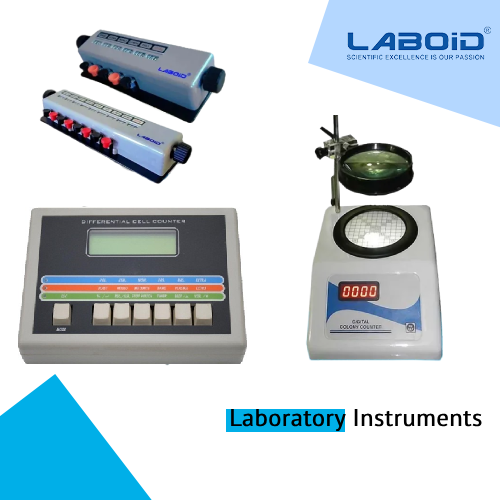
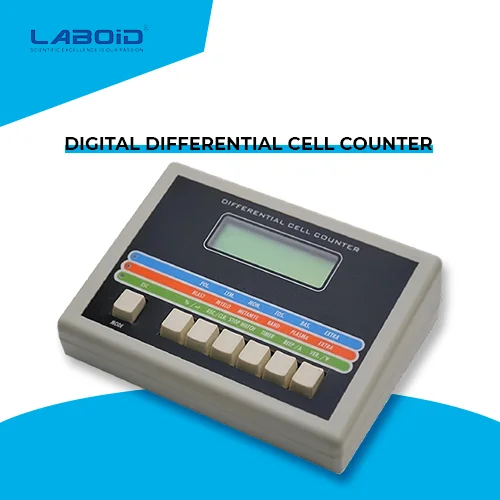

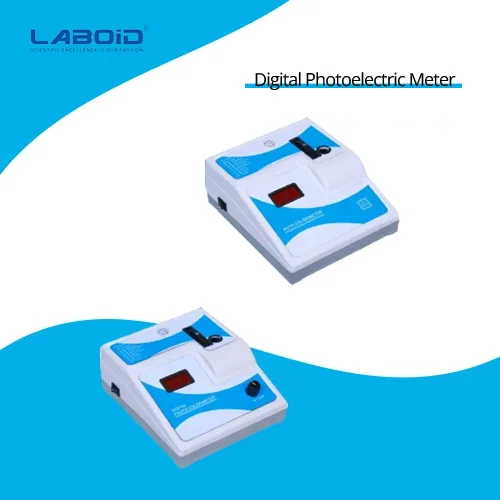
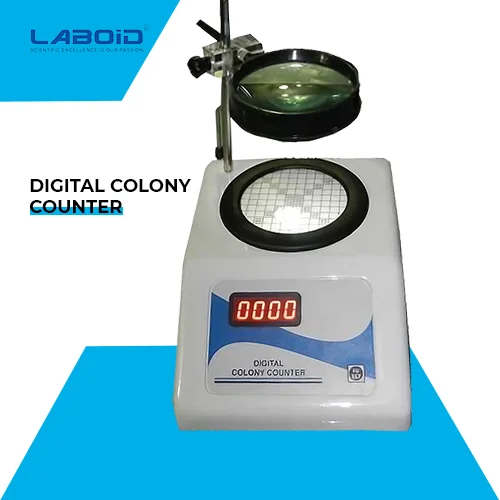
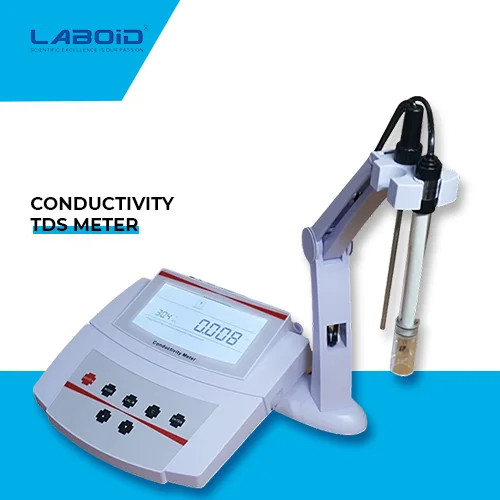
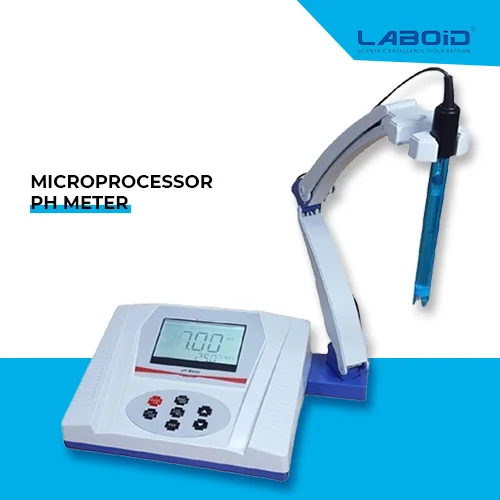
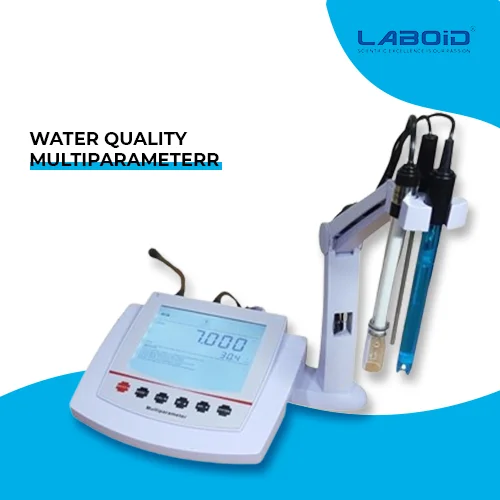

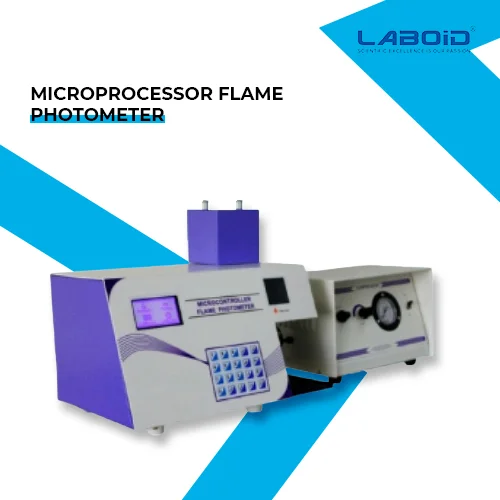
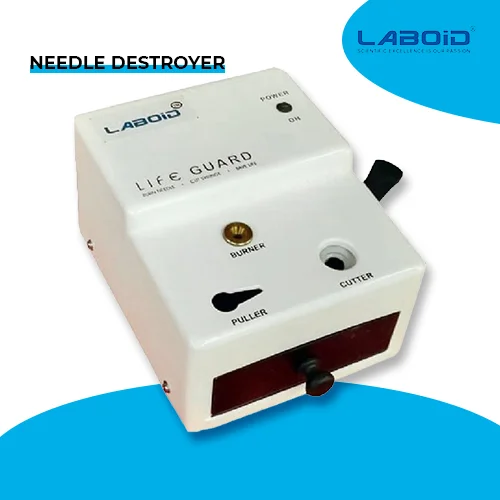

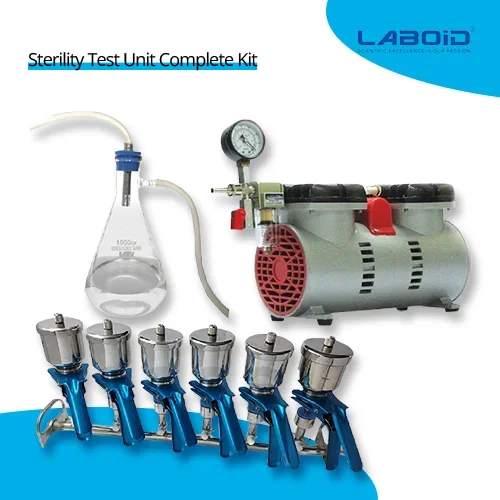
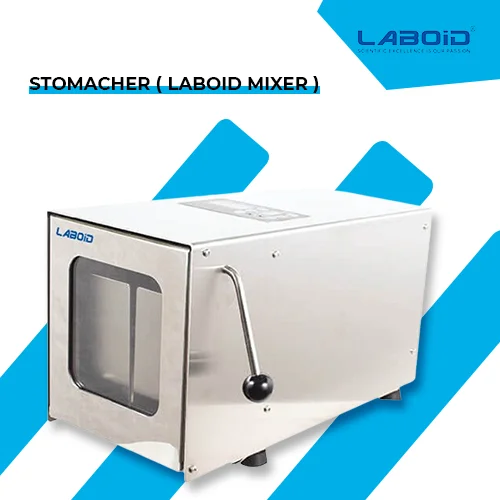


 By Webclick® Digital Pvt. Ltd.
By Webclick® Digital Pvt. Ltd.